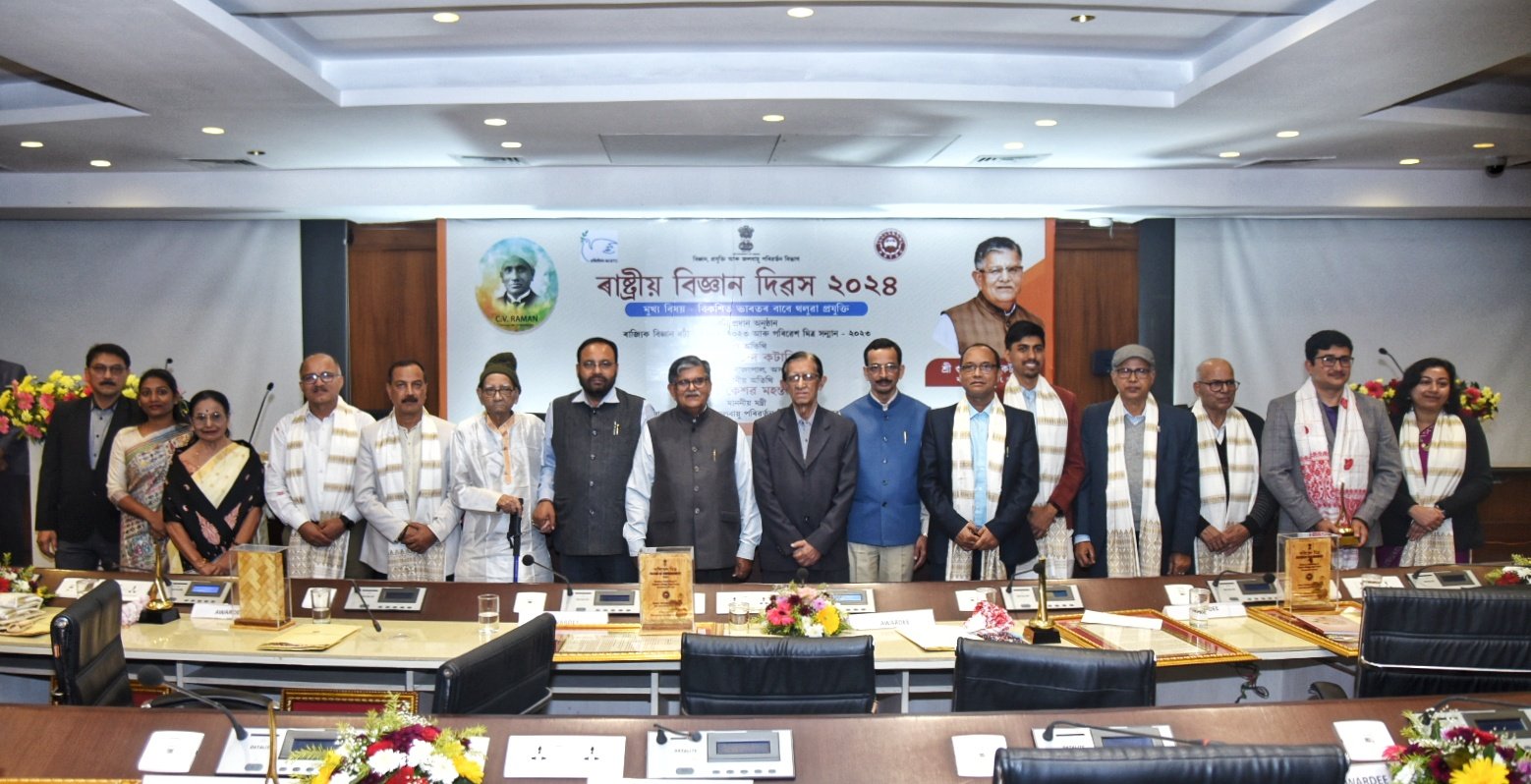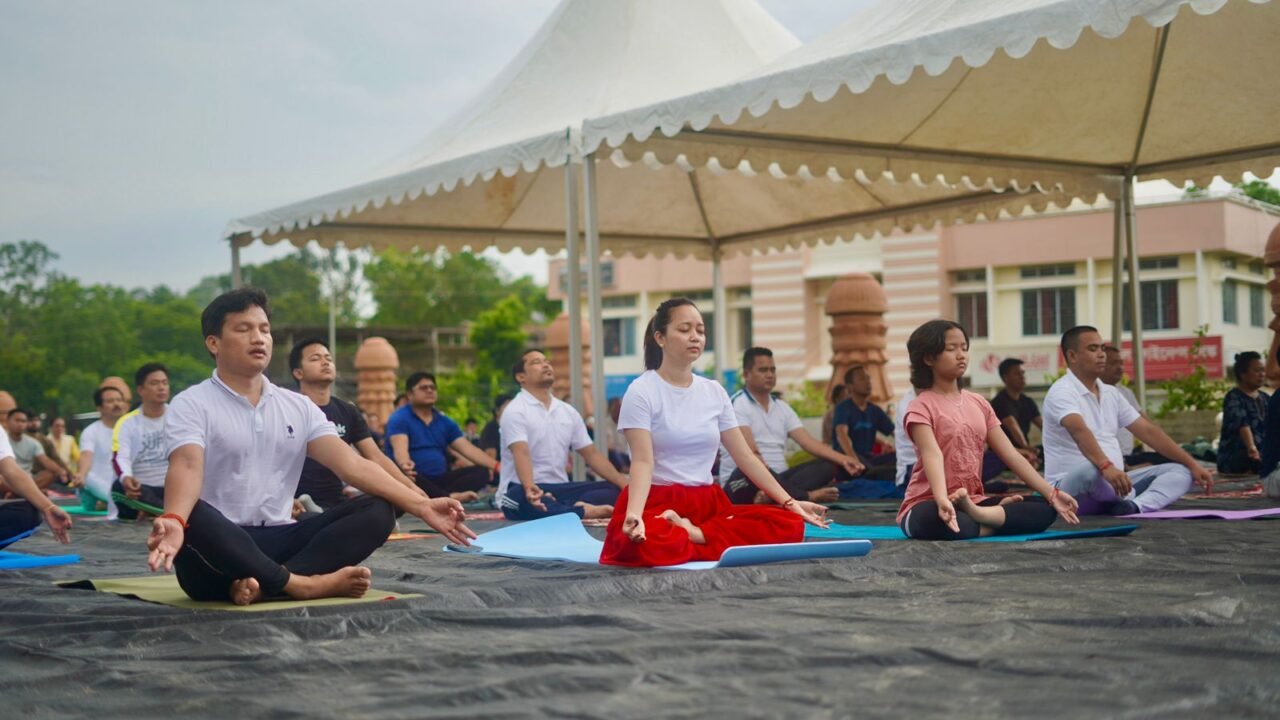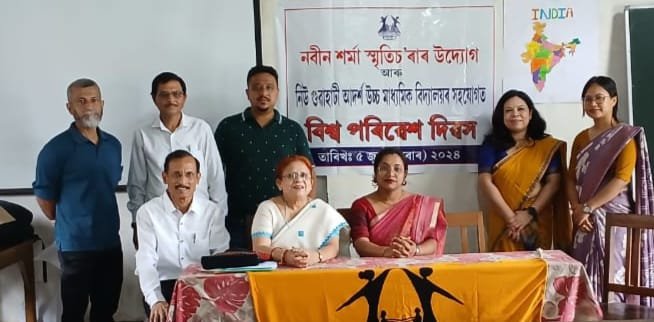HT Bureau
GUWAHATI, Oct 31: Krishi Vigyan Kendra (KVK), Assam Agricultural University in Karbi Anglong, Diphu, conducted a comprehensive day-long workshop cum sensitization meeting on Zoonotic Diseases on Monday. The event was part of the “National One Health Programme for Prevention and Control of Zoonoses (NOHPPCZ)” project funded by the National Centre for Diseases Control (NCDC) and implemented by the College of Veterinary Science, Assam Agricultural University, Khanapara.
Over 70 participants, including representatives from the Department of Health Services, Veterinary Officers, Veterinary Field Assistants (VFA), scientists and staff from Zonal Research Station, KVK Diphu, farmers, Pashu Sakhi, and students from Presbyterian Mission High School, Diphu, attended the program. Various publications, such as leaflets discussing Rabies, Nipah virus, Leptospirosis, Brucellosis, were distributed during the event.
Dr Monuj Kumar Doley, SMS (Animal Science), KVK, Karbi Anglong, extended a warm welcome to the participants, urging active involvement in the workshop. Dr Rajeev Kumar Sharma, Professor in the Department of Microbiology and Nodal Officer of the NOHPPCZ project, outlined the workshop’s objectives and the diverse activities aimed at engaging stakeholders, including animal practitioners, health workers, farmers, and students.
In her inaugural speech, Dr Sumitra Hagjer, superintendent cum principal of Diphu Medical College and Hospital, stressed the significance of various zoonotic diseases like rabies, tuberculosis, and the critical need for extensive public awareness among farmers, health workers, and veterinary practitioners.
Dr Dilip Kumar Sarma, Consultant of the project and former Director of ICAR-NRC on Pig, conducted a detailed audio-visual presentation. He shed light on prevalent zoonotic diseases in Karbi Anglong district and the northeastern states of India. The session also highlighted the potential transmission of diseases through porous international boundaries and addressed various preventive measures to control these zoonotic diseases.
The program concluded with an interactive discussion, a question-answer session, and an expression of gratitude.
This workshop served as a platform to impart crucial information about zoonotic diseases and the imperative One Health approach, fostering awareness and collaboration among multiple stakeholders for the prevention and control of these diseases.







